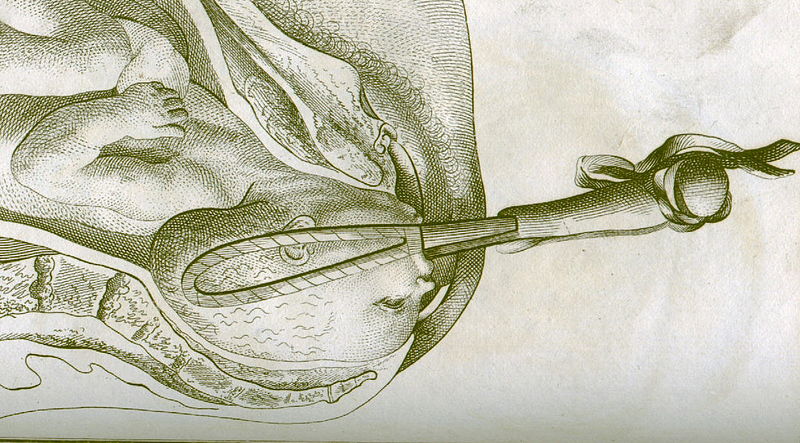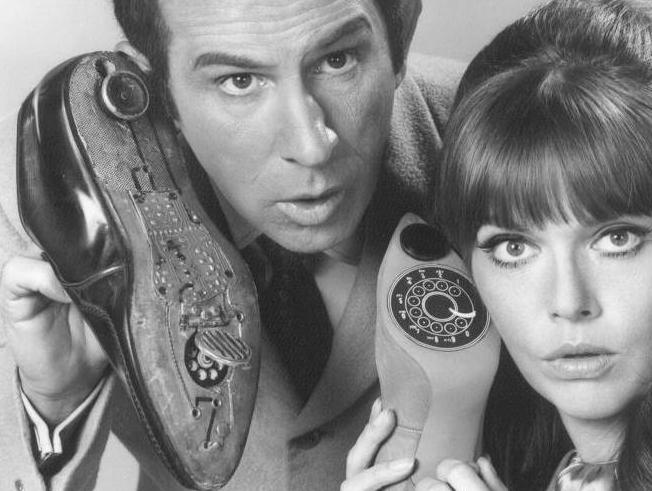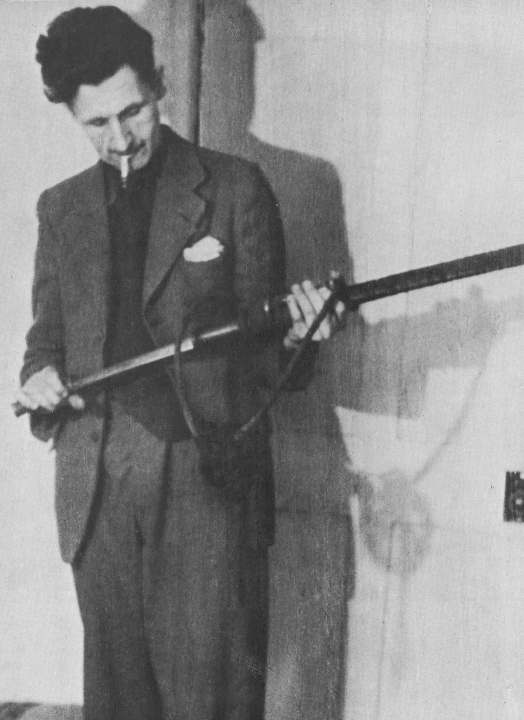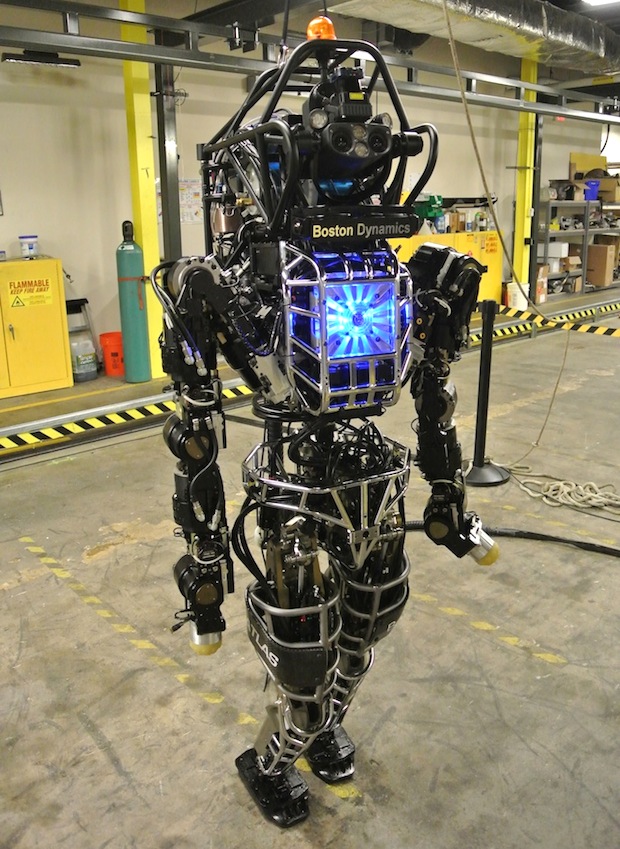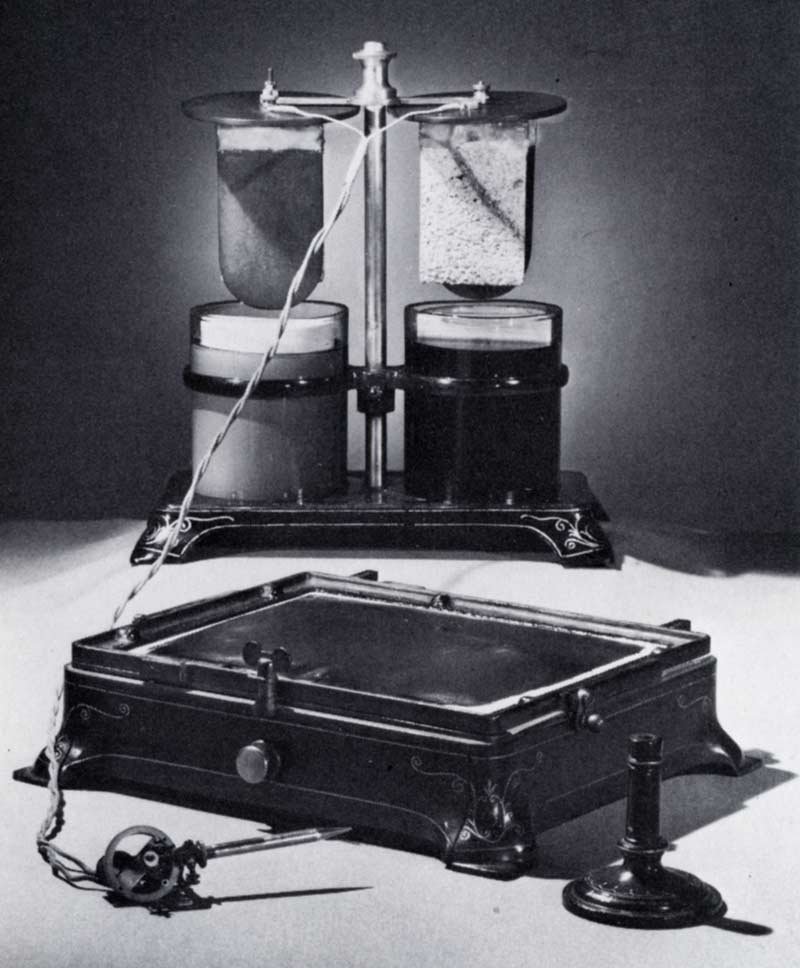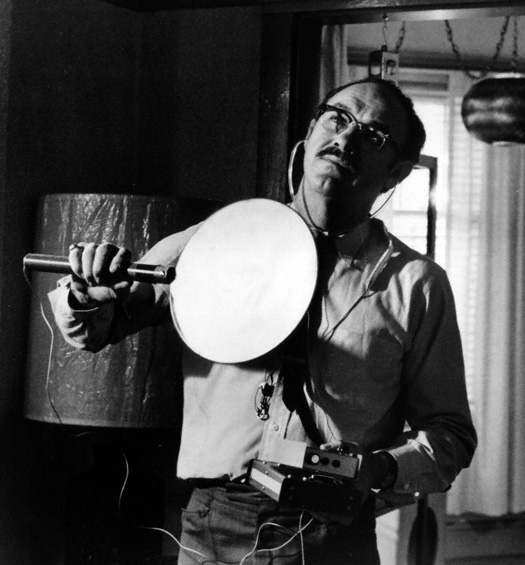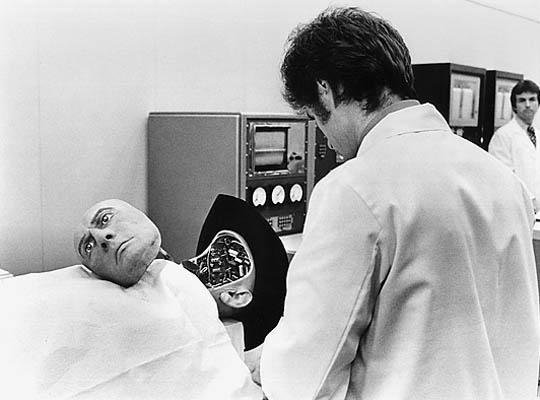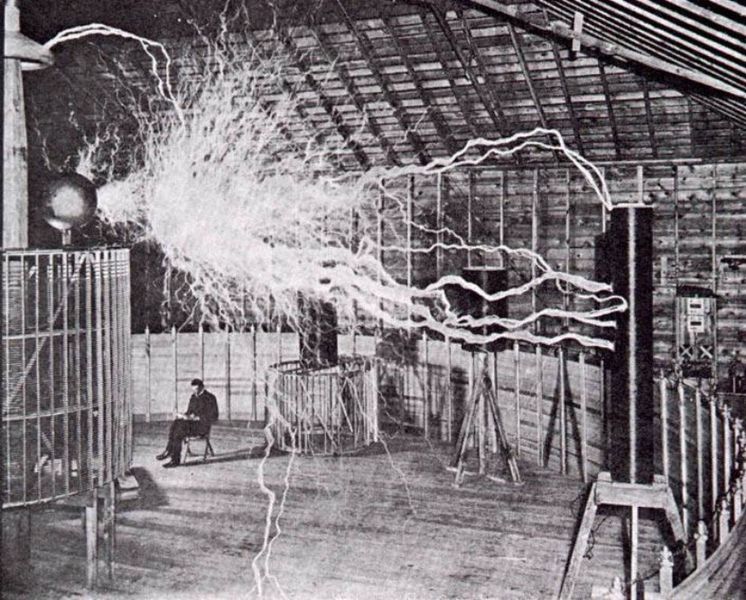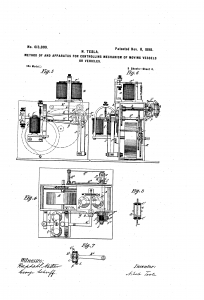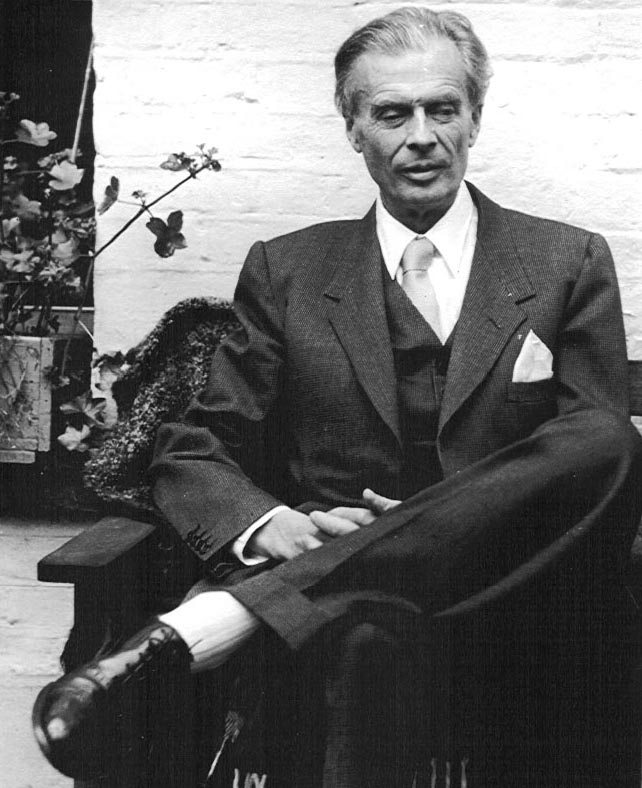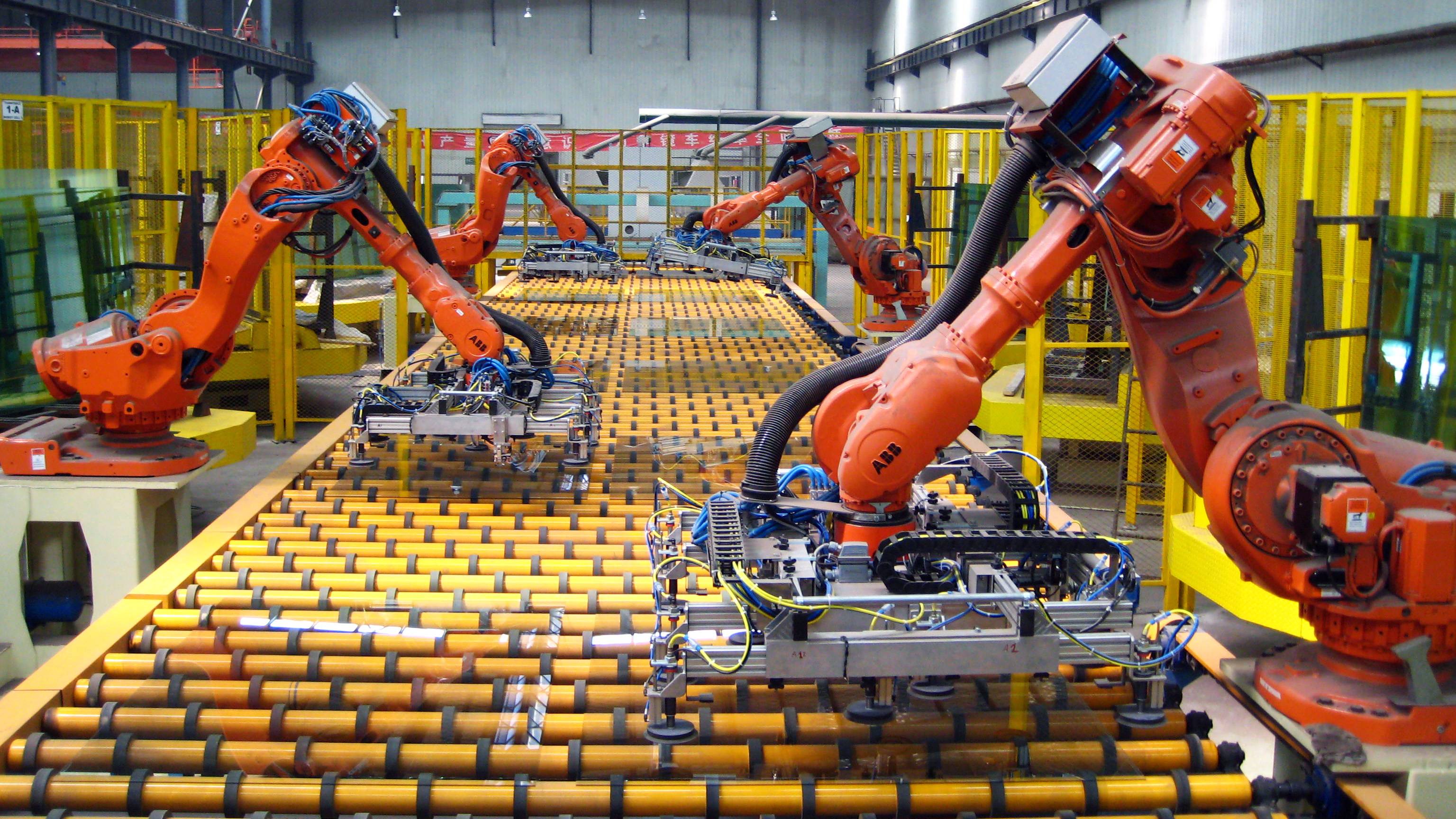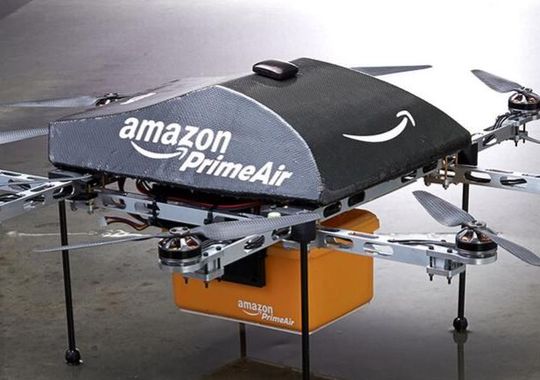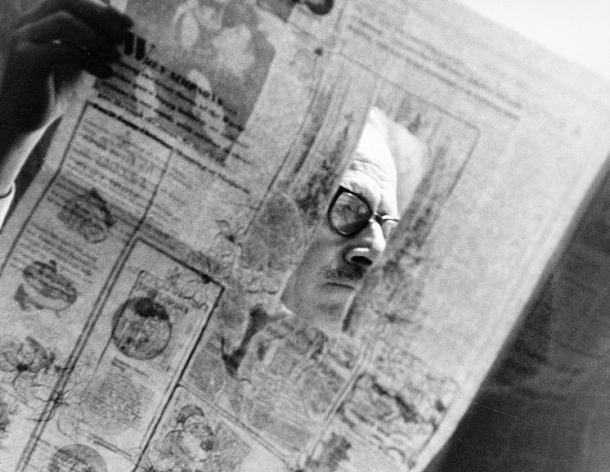I was fairly certain that a second term for President Obama wouldn’t chasten Republicans, wouldn’t make them more amenable to compromise. But I’m still pretty stunned by the intensity of the continued rejection of reason, even if only because it’s such a tactical mistake. And when GOP Chairman Reince Priebus announces a year later that the party is readying attacks on Hillary Clinton based on Benghazi, her healthcare reform attempt in the 1990s and other losing issues, you know the Right is still tone deaf to anything outside the echo chamber.
The GOP’s major problem is that it’s become a party of antiquated zealots funded by wealthy opportunists. When you walk into a national election knowing that you will lose a large majority of women, Latinos, African-Americans, Independents, gay voters and youth voters, you have very slim margins–you are in trouble. But with money streaming in from above and angry threats being shouted from the ground, the tendency has been to make things not better but worse. You shut down the government, for instance, when the vast majority of Americans, even much of the Republican base, is vehemently opposed to such a gambit.
It’s horrible that several Americans died in the Benghazi attacks, and it’s fine to investigate what occurred to try to ensure it doesn’t happen again. But I think most adults realize that in a region exploding with discontent, instability and civil war, danger abounds. That’s very different than invading the wrong country, getting 5,000 of our soldiers killed, maybe 100,000 Iraqis and spending a trillion dollars, as the GOP did.
I don’t know if Clinton will run for President in 2016 or if she will be the Democratic nominee if she does enter the race, but I know this strategy against her isn’t a winning one, and the Republicans seem unable to divine one in a country of shifting demographics. There is the potential that 2012, when the GOP lost nine out of ten swing states, may seem to them in the near future like the good old days.
From Talking Points Memo:
“Asked by radio host Hugh Hewitt if the RNC began to look at Clinton as the Democrats’ presumed nominee, Priebus said the RNC’s research shop already turned its attention to the former State Department leader.
‘I think that we have to be very aggressive on what she’s done or hasn’t done,’ the chairman said, according to a transcript of Hewitt’s radio show. ‘And the things that she is famous for, like a botched health care rollout in the 90s, and Benghazi, and the things that she is involved with that are or went obviously pretty badly, we need to focus in on.’
Priebus said that although the RNC was looking toward the 2014 midterms, the committee could still suss out some of the ‘rough stuff’ about Clinton.”



